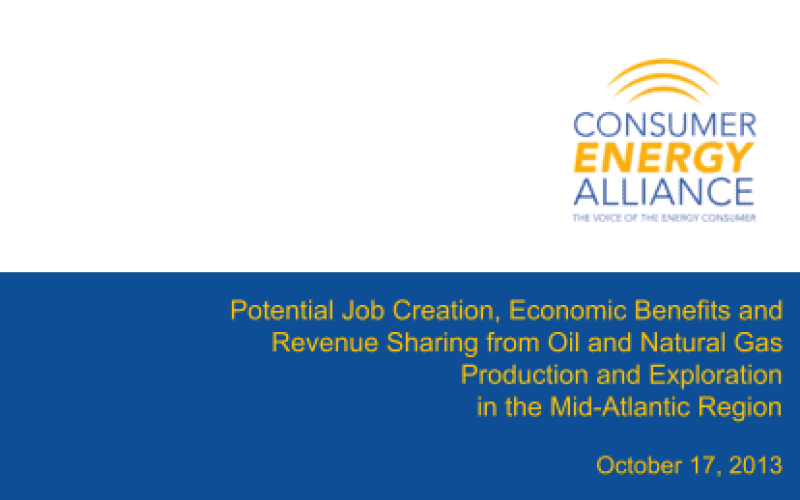THE VOICE FOR THE ENERGY CONSUMER
HOUSTON, October 22, 2013 — Consumer Energy Alliance (CEA) is pleased to welcome Axistrade as its newest affiliate member. Headquartered in Houston, Axistrade is a world class supply house specializing.
Energy Day Festival Sparks New Interests for Houston Area Students Mayor Parker and Event Organizers Urge Students to Pursue Careers in Energy Houston, TX – Twenty thousand people turned out.
A CEA study unveiled at the Governors Conference on Energy in Richmond, VA today predicts that the federal government and state and local governments in the Mid-Atlantic states would see.

A CEA study unveiled at the Governors Conference on Energy in Richmond, VA today predicts that the federal government and state and local governments in the Mid-Atlantic states would see.
The OPEC oil embargo, which caused long lines for gasoline and brought the issue of U.S. dependence on foreign oil into American living rooms, hit U.S. energy markets 40 years.
Speaking at a meeting of the Southern States Energy Board, CEA President David Holt called for the approval of the last leg of the Keystone pipeline system. Holt noted the.
Houston Business Journal: “It’s about looking at science and technology from an energy perspective and getting students in the greater Houston community excited about what really makes the city of.
Growth in the U.S. economy depends on access to affordable energy. Every sector of the U.S. economy relies on energy to transport its goods and services, power its facilities, or.
Fuel Fix: Energy Day Celebrates Energy Progress By David Holt Make no mistake, the United States is currently experiencing an energy revolution that is transforming our national outlook. Our newfound.
From EIA.gov The U.S. Energy Information Administration estimates that the United States will be the world’s top producer of petroleum and natural gas hydrocarbons in 2013, surpassing Russia and Saudi.